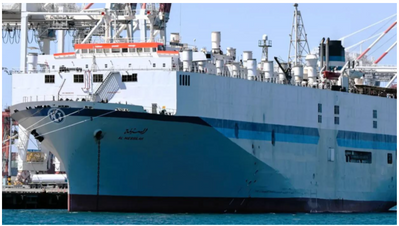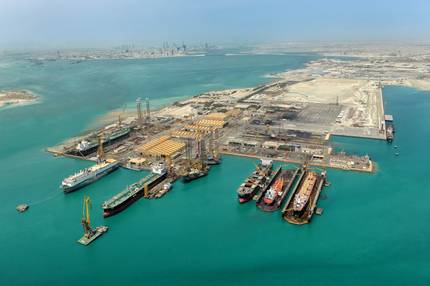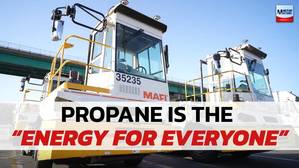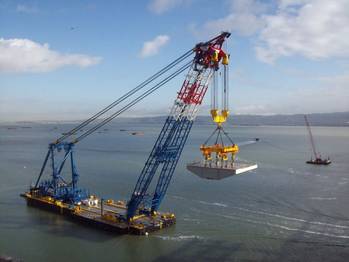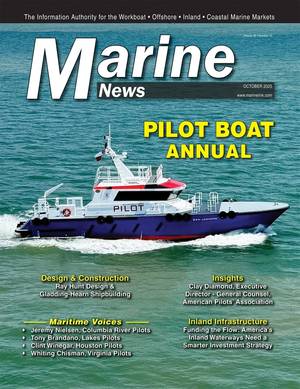Lack of Maintenance Led to Livestock Carrier Engine Failure
A livestock carrier’s engine failure in the Port of Fremantle, Australia, earlier this year highlights the need for ship owners and managers to properly manage maintenance, and for marine pilots to follow communication protocols, an ATSB final report notes.
On 4 March 2025, Kuwait-flagged livestock carrier Al Messilah was under pilotage into the Port of Fremantle, Western Australia, when it briefly lost propulsion near the Inner Harbour entrance.
After the initial loss of propulsion was resolved, the engine failed again as the ship was transiting the Inner Harbour.
The ship was manoeuvred safely to berth with tug assistance, but the ATSB’s investigation found communication issues increased risk during the incident.
The investigation’s final report notes Fremantle Ports’ formal protocols designated VHF channel 12 as the primary channel for vessel traffic service (VTS) communications, and channel 8 for towage operations.
“However, the pilotage provider, Fremantle Pilots, routinely used VHF channel 8 for pilotage communications during Inner Harbour transits, expecting it to be monitored by all involved parties, including VTS,” ATSB Chief Commissioner Angus Mitchell explained.
“During the Al Messilah incident, the marine pilot’s attempts to contact VTS on channel 8 about the engine failure were unsuccessful. This deviation from established protocol reduced communication reliability at a time when radio communication was essential, leading to delayed emergency coordination.”
In response to the ATSB’s finding, Fremantle Pilots has endeavoured to improve communication protocols and is actively working with Fremantle Port Authority to review and update existing practices.
Meanwhile, the investigation also found Al Messilah’s engine failures were caused by a malfunction of the main air distributor’s servo piston within the engine’s pneumatic control system, as key components of that system were not maintained in accordance with the manufacturer’s guidelines.
“The ship’s planned maintenance system (PMS) did not provide enough detail to track maintenance schedules and did not have a specific maintenance item to record the maintenance activities on the main engine pneumatic system,” Mitchell said.
“A comprehensive and well‑documented PMS is important to ensure the reliability of critical machinery, particularly systems that directly affect a ship’s manoeuvrability and safety.”
After the incident, the ship’s main engine pneumatic system was overhauled in the United Arab Emirates.
In addition, a comprehensive review of the ship’s PMS was initiated, with 27 corrective actions identified and prioritised for implementation.



